
Kód: 01591165
Northern Ireland after the Good Friday Agreement
Autor Patrick Wagner
Essay from the year 2004 in the subject Politics - International Politics - Region: Western Europe, printed single-sided, grade: 2+ (B), University of Kent (Brussels School of International Studies), language: English, abstract: S ... celý popis
- Jazyk:
 Angličtina
Angličtina - Vazba: Brožovaná
- Počet stran: 68
Nakladatelství: Grin Publishing, 2007
- Více informací o knize

Mohlo by se vám také líbit
Dárkový poukaz: Radost zaručena
- Darujte poukaz v libovolné hodnotě a my se postaráme o zbytek.
- Poukaz se vztahuje na celou naši nabídku.
- Elektronický poukaz vytisknete z e-mailu a můžete ihned darovat.
- Platnost poukazu je 12 měsíců od data vystavení.
Více informací o knize Northern Ireland after the Good Friday Agreement
Nákupem získáte 102 bodů
 Anotace knihy
Anotace knihy
Essay from the year 2004 in the subject Politics - International Politics - Region: Western Europe, printed single-sided, grade: 2+ (B), University of Kent (Brussels School of International Studies), language: English, abstract: Six years after the Good Friday Agreement was signed and after a promising, although troubled start of the institutional framework it has put in place, Northern Ireland is, following the suspension of devolution on 14 October 2002, yet again under direct rule from Westminster. Centuries of conflict, decades of violent troubles and diametrically opposed demands of the groups involved make the Northern Ireland question to one of the most difficult conflicts of our time. Nevertheless, there was genuine optimism both among the parties involved and the international community that the Agreement would succeed and resolve the conflict.However, in the political reality of Northern Ireland, the Agreement soon reached its limits, and people realised that it takes more than an assembly and a power-sharing executive to overcome Ulster s deep-rooted sectarian divisions. Internal disagreement in the unionist and nationalist camps over the direction the Agreement is likely to take them and the still unresolved question of IRA weapons decommissioning leave the future of the Agreement in serious doubt.The Agreement has been widely acknowledged as being consociational and consistent with the four principles of power-sharing identified by Lijphart. This paper will thus also discuss the theoretical foundation of the Agreement. Here, it will particularly focus on the role of the voting system (Single Transferable Vote) employed for the Assembly elections, which is unusual for consociational models.This paper will conclude that the Agreement is undeniably a major breakthrough. Even if the Agreement itself does not solve the conflict, by creating a prolonged period of peace in which political dialogue can take place, it could be a vital step towards a future settlement. But is the current situation in Northern Ireland really a transitional period likely to lead to a solution of the conflict in the future or is it what Trimble calls the continuation of war by other means ?The Agreement was certainly not an overall failure as it has managed to bring parties together in political institutions which have refused to sit together in the same room for decades. But its limitations must also be clear: the war might be over but the conflict is far from ended. Since the Agreement has failed to address the underlying issues of the conflict and merely regulates violence, it cannot be regarded as a permanent and sustainable solution.
 Parametry knihy
Parametry knihy
Zařazení knihy Knihy v angličtině Society & social sciences Politics & government
1019 Kč
- Plný název: Northern Ireland after the Good Friday Agreement
- Podnázev: On the Way to Peace or Conflict Perpetuated?
- Autor: Patrick Wagner
- Jazyk:
 Angličtina
Angličtina - Vazba: Brožovaná
- Počet stran: 68
- EAN: 9783638648912
- ISBN: 3638648915
- ID: 01591165
- Nakladatelství: Grin Publishing
- Hmotnost: 114 g
- Rozměry: 210 × 117 × 5 mm
- Datum vydání: 09. July 2007
Oblíbené z jiného soudku
-

Flash Boys - A Wall Street Revolt
254 Kč -

J Curve
480 Kč -

GREEN BOOK
182 Kč -

Powershift
206 Kč -

Wretched of the Earth
269 Kč -
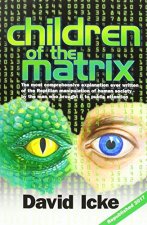
Children of the Matrix
431 Kč -

State and Revolution
113 Kč -

My Autobiography
291 Kč -

Xi Jinping: The Governance of China
789 Kč -

Case Against the Sexual Revolution
373 Kč -

The Trigger
573 Kč -

Yoga of Eating
285 Kč -
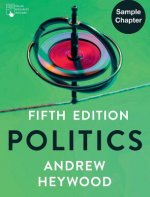
Politics
1176 Kč -
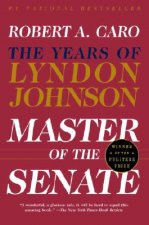
Master of the Senate
589 Kč -
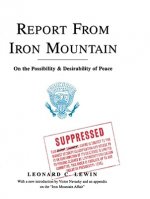
Report From Iron Mountain
330 Kč -
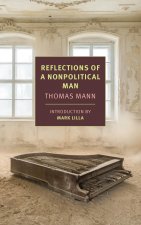
Reflections of a Nonpolitical Man
484 Kč -
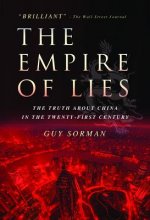
Empire of Lies
359 Kč -
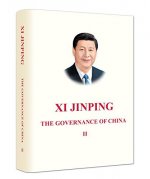
Xi Jinping: The Governance of China II
641 Kč -
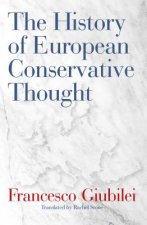
History of European Conservative Thought
593 Kč -

Accidental Superpower
427 Kč -
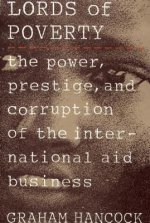
The Lords of Poverty: The Power, Prestige, and Corruption of the International Aid Business
312 Kč -

Abaddon Ascending: The Ancient Conspiracy at the Center of CERN's Most Secretive Mission
426 Kč -
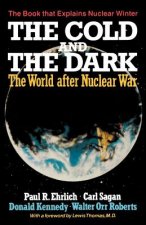
Cold and the Dark
482 Kč -

Fight Like A Girl
258 Kč -

Giants
426 Kč -
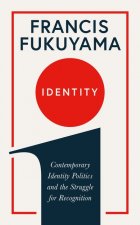
Identity
298 Kč -
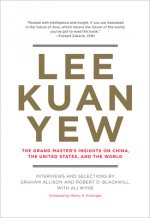
Lee Kuan Yew
495 Kč -
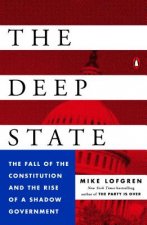
Deep State
386 Kč -
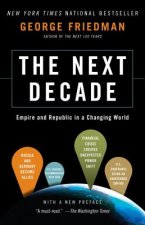
Next Decade
351 Kč -

Age of Ambition
283 Kč -
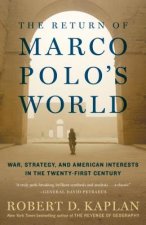
Return of Marco Polo's World
386 Kč -
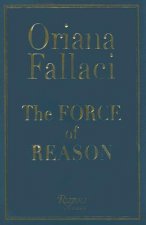
Force of Reason
440 Kč -

Against Civilization
359 Kč -

Political Brain
355 Kč -
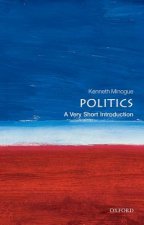
Politics: A Very Short Introduction
233 Kč -

Urban Warfare in the Twenty-First Century
638 Kč -
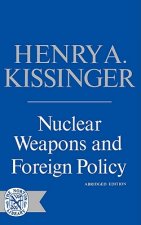
Nuclear Weapons and Foreign Policy
576 Kč -

Trade Marketing, Category Management, and Shopper Marketing
2253 Kč -

Spirit of the Laws
598 Kč -
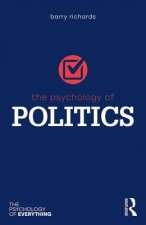
Psychology of Politics
512 Kč -

Reveille for Radicals
345 Kč -
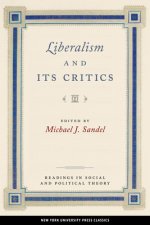
Liberalism and Its Critics
815 Kč -

Voices from the Contemporary Japanese Feminist Movement
1280 Kč -
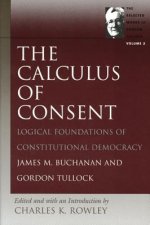
Calculus of Consent
365 Kč -
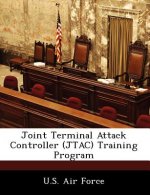
Joint Terminal Attack Controller (JTAC) Training Program
486 Kč -
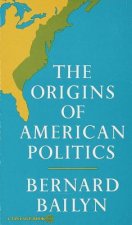
Origins of American Politics
412 Kč -

Red Petrograd
526 Kč -

RFK
361 Kč -
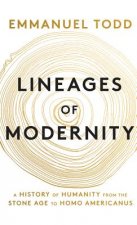
Lineages of Modernity - A History of Humanity from the Stone Age to Homo Americanus
1041 Kč
Osobní odběr Praha, Brno a 12903 dalších
Copyright ©2008-24 nejlevnejsi-knihy.cz Všechna práva vyhrazenaSoukromíCookies




 Vrácení do měsíce
Vrácení do měsíce 571 999 099 (8-15.30h)
571 999 099 (8-15.30h)